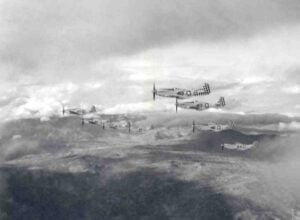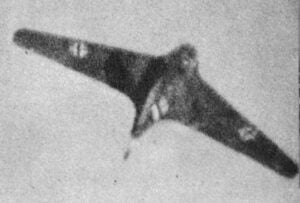The Incredible Story of a 106-Year-Old WWII Navy Vet Who Lived Through a Kamikaze Strike
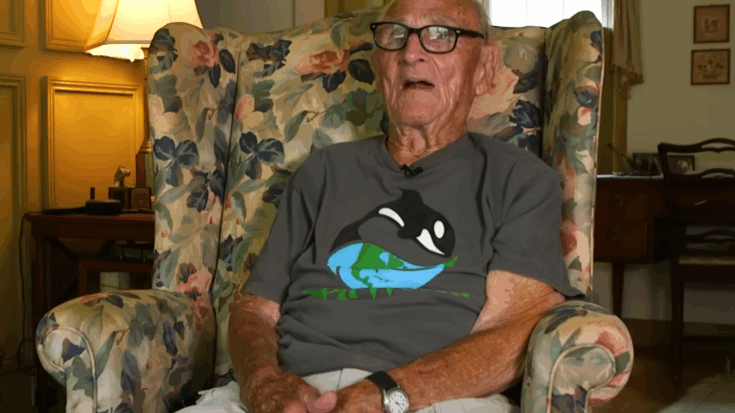
Insider / YouTube
Early Years and Call to Service
William “Bill” McClintick was born more than a century ago and developed an early interest in the sea. As a young man, he read every Navy magazine his neighbor passed along, fascinated by life on the water. In 1939, with world tensions rising, he joined the Naval Reserve. He later attended one of the first new officer training schools created to strengthen America’s fleet before the United States entered World War II.
By 1941, McClintick was serving aboard the battleship USS Idaho in the Atlantic. His duties included neutrality patrols, working alongside British ships to discourage German vessels from leaving port. When news of the Pearl Harbor attack reached the crew, the ship quickly returned to the United States. Soon after, he was sent north to the Aleutian Islands, where he helped protect the farthest American territories from enemy forces moving east across the Pacific.
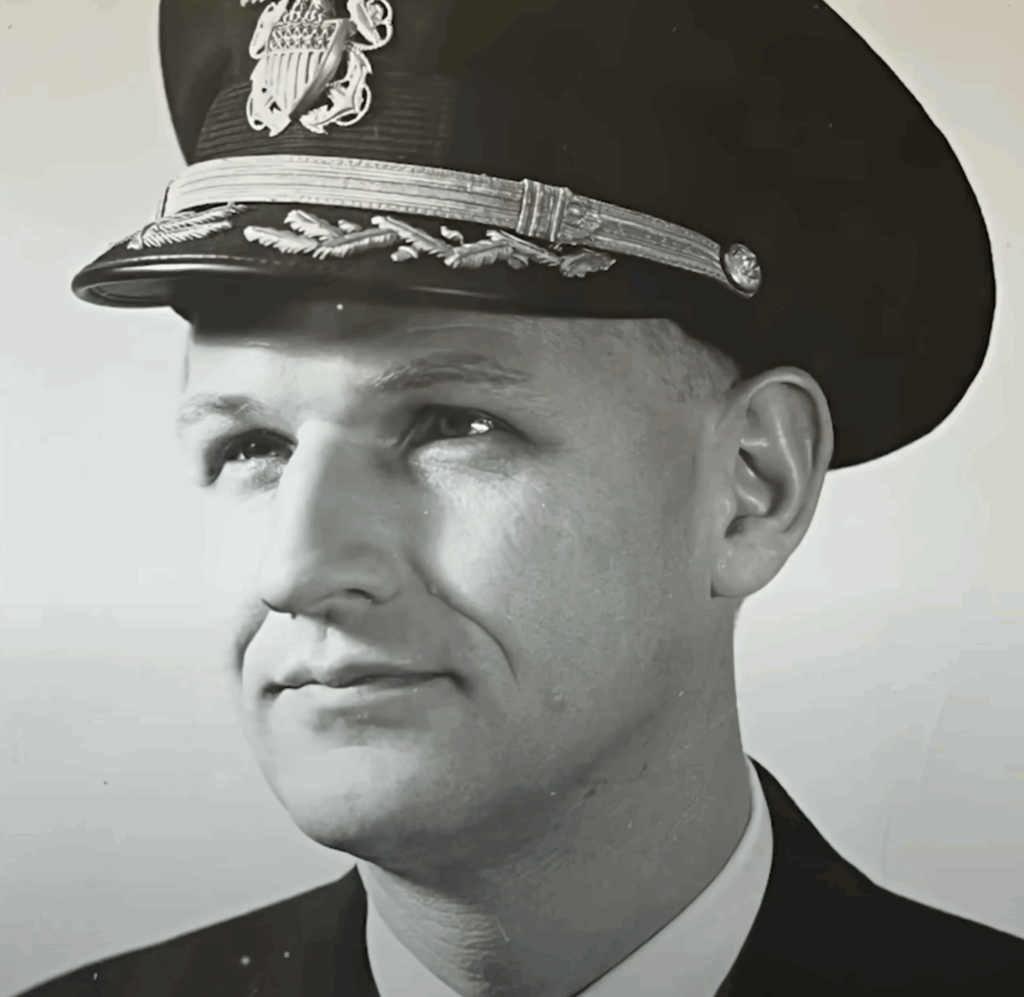
From the Aleutians to the Pacific Front
McClintick’s service stretched across vast oceans. He became a gunnery officer on the small aircraft carrier USS Savo Island, ferrying Marine fighter planes to critical battles like Guadalcanal. The carrier joined large naval formations that included battleships, cruisers, and submarines. Their mission was to weaken enemy defenses and support island landings throughout the Pacific.
During these operations, radar was still a new technology. McClintick recalled the first time his crew used it to locate enemy positions hidden beyond mountains. They fired until the ship’s guns overheated, a vivid example of the intense action sailors faced even when far from land.
The Kamikaze Strike
The most dangerous moment of McClintick’s service came while moving through the South China Sea. From the highest post on the carrier, he watched as a Japanese plane dived toward the ship. The aircraft struck just five feet above his head, sending burning debris and a shower of metal across the deck. The impact destroyed radar and radio equipment, but no crew member was seriously hurt. “You’re too busy to be scared,” he later said, remembering how every gun fired as the plane approached.
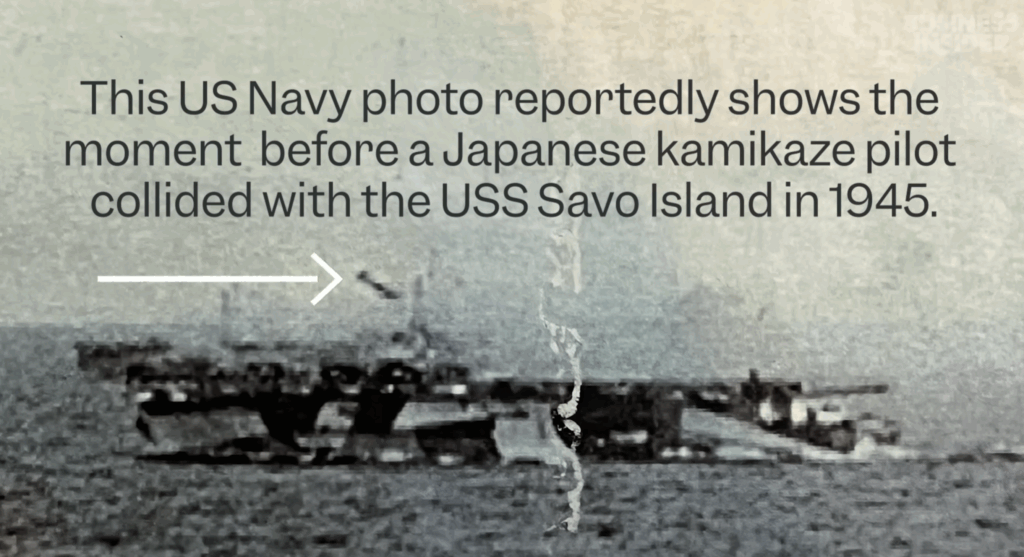
Loss and Life After War
Not all of McClintick’s friends were as fortunate. His closest companion was shot down during the war and survived for weeks on plants and grubs before locals helped him reach Allied forces. After the conflict ended, McClintick debated whether to stay in uniform. He retired as a commander at age 41, later working in the space industry and earning what he called a “triple dip” of Navy pension, retirement benefits, and Social Security.
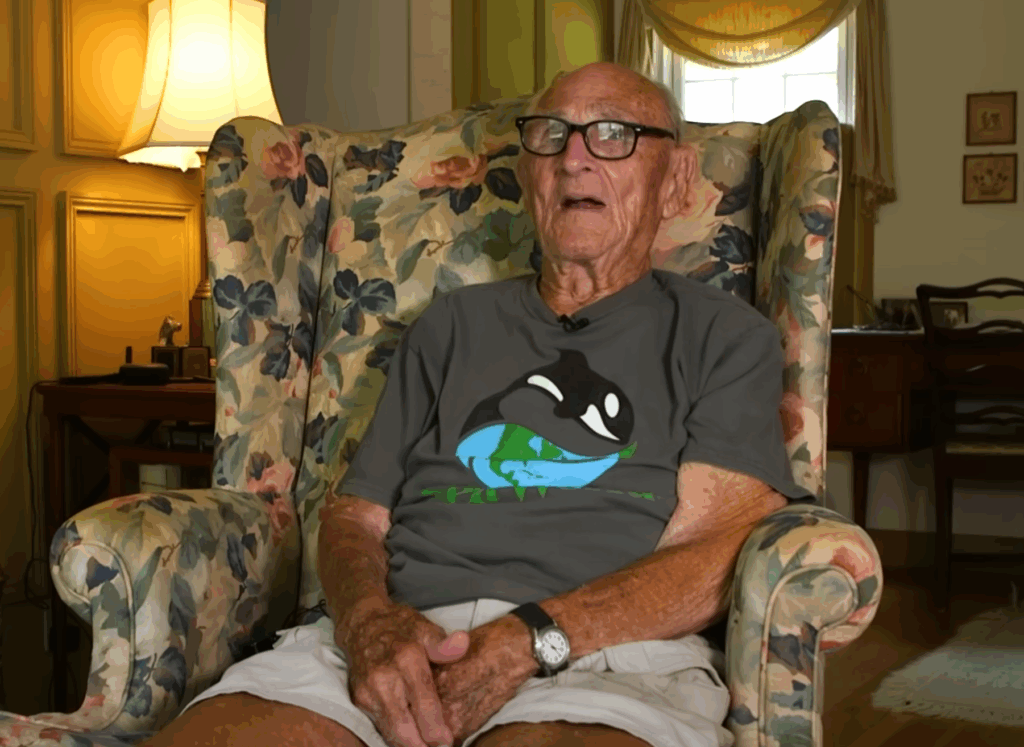
A Century of Perspective
Today, at 106, McClintick lives quietly but remains sharp. He stopped driving at 95 and now relies on weekly visits from caregivers and a nurse. He keeps letters he wrote to his mother during the war and even received a note of recognition from the White House. Though his social circle has thinned with time, he still follows sports and current events, sharing opinions with humor and candor.
Reflecting on his long life, McClintick speaks of faith and resilience. He once survived a major heart attack brought on by a tick bite and still jokes with his family about staying out of trouble. His memories of service—from icy Atlantic patrols to that close call in the South China Sea—remain clear reminders of a remarkable life shaped by duty and endurance.
Full interview below:














